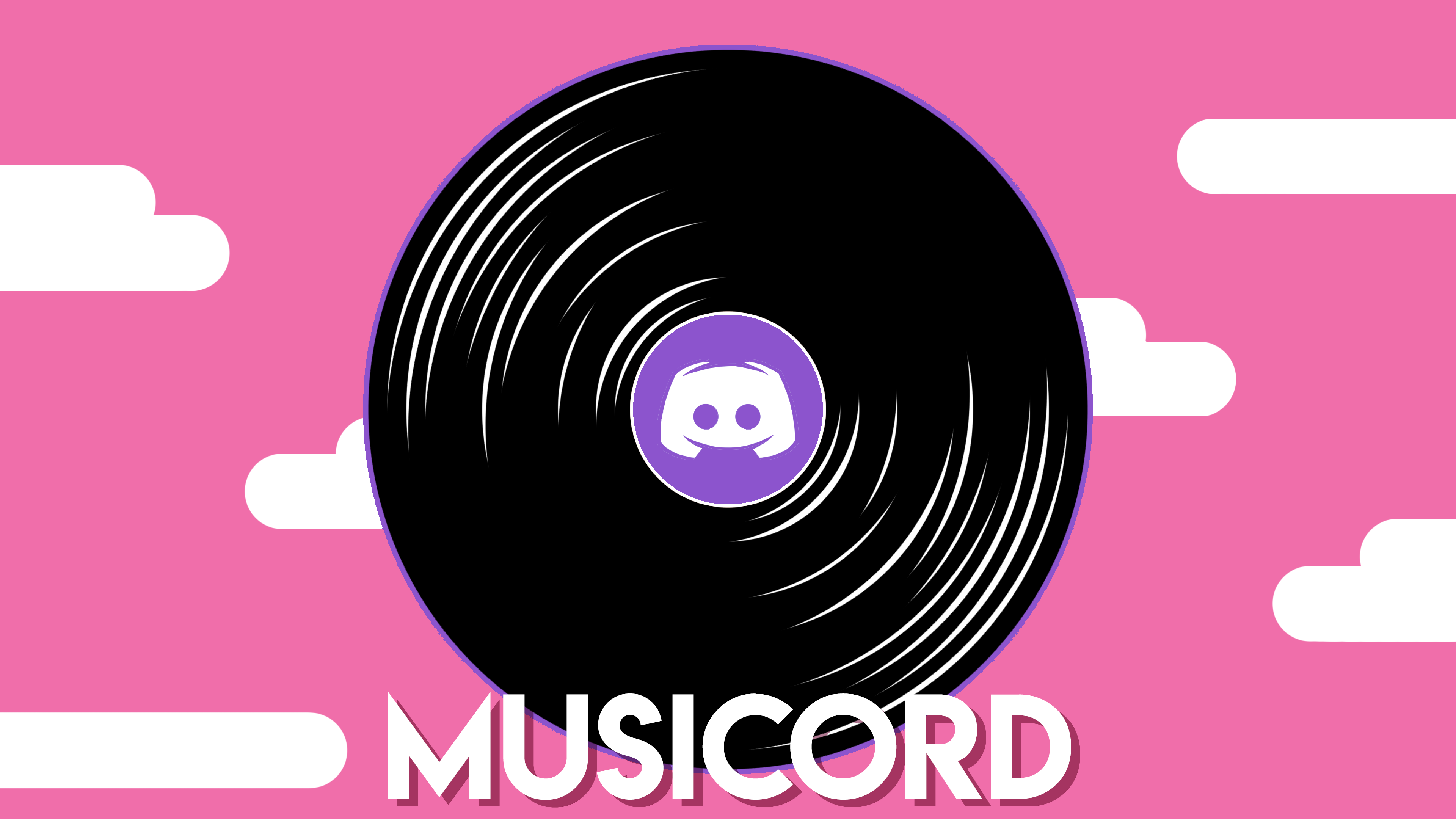An experimental shift in sound can often be divisive for an artist. Some are praised upon release such as Tom Waits’ Swordfishtrombones or Primus’ Pork Soda. On the other hand, there are releases that take time to marinate with most people and are panned upon release. Releases such as Linkin Park’s A Thousand Suns or Playboi Carti’s Whole Lotta Red fit this description. In a perfect world, Avenged Sevenfold’s Life Is But A Dream… would fall into the latter camp. So far it is too early to determine this, but I would not eliminate the possibility. This is because Life Is But A Dream… is an album that, like many experimental shifts, takes several risks while still having the DNA of the band who is taking said risks. The good news is most of the risks pay off well, making Life Is But A Dream… one of the better albums in a catalog I am personally sentimental to.
After an ominous, medieval bard-like guitar intro, opener Game Over jumpstarts an element that pervades this album: chaos. A heavy riff, thrashy rhythm guitars and drums, and quick yet weirdly strained vocal passages from M. Shadows barrage onto the track, making it mosh pit-ready not 30 seconds in. The implementation of the vocal delivery is a bit goofy sounding on the surface with how choppily they edit in Shadows, as if he’s interrupting himself. However, this works in context. This song is about a man contemplating his life before considering ending it. It recounts the man’s early days from “Crawling, walking, fleeting glory” all the way to the later ones of “Happy ever after, dead end”. I believe most of what is presented here works in execution. It has this crazy and zany, yet almost defeated tone to it. The speaker is the monster life made and is finally ridding the world of himself, but he also recounts how he got to this point. This idea comes to life in the bridge. Flutes and more bard-like strings create an environment where the man is contemplating, saying how it “strikes” him how he doesn’t “belong here anymore” and how he “never had the will anyway”. It is significantly darker than I initially realized on my first listen but welcome given the thoughtful execution. The opening riff returns for the outro for a second, before the subject matter is made most obvious as the man “swings” from his “family tree”. Taken in context, it is a haunting way to open the album. Taken out of context it starts the dichotomy of chaos and peace that sonically pervades the album. A dichotomy that would continue with the follow-up.
Mattel kicks off with a bang. The intro is led by a chugging guitar riff with a chunky, almost industrial lick that tops it off. Following this is a verse that has Shadows monologuing about the idea of being fake, with his “vinyl skin” holding his “plastic bones” in place. The instrumental is definitely more reserved in the verse, with a rhythm guitar and light bass drum being the most prominent parts of it. This is until the blistering pre-chorus where Shadows describes “painted trees” and “sun LED beams” with an echoey delivery. Vocally, Shadows shows his range here, and unlike some sections of the album, it actually works. The environment feels like a stormy field where all the material is fake and decaying. This is enhanced by the chorus itself, which is far more reserved sonically. Shadows weeps that he “smelled the plastic daisies” and that we have “found ourselves in hell”. It’s bleak, yet sounds like it would work quite well in a live setting with how dynamic it is. I love this particular aspect. After another verse that touches on similar themes, and one final chorus, the track withers away like the plastic world Shadows depicts on it.
This leads into what was the first single of the album, Nobody. An industrial, chainsaw-like guitar opens the track, and this impressed me from the moment I heard it during the lead up to the album. I did not expect to hear a sound like that on an Avenged Sevenfold album, let alone one this late into their career. Then a small drum lead, siren-like whammy drowned guitars and a lumbering snare bring us to the first verse. This has Shadows getting philosophical, pondering human existence and his place in it. He comes to a conclusion of “‘I am all’ as ‘I am none’” at the end of the verse, seeing himself as significant in his own world, even if he is not in the grand scheme. Structurally, the track spices things up with a bridge after the first verse, which thickens the production again as Shadows runs with his new revelation. Realizing the power in knowing where you stand in existence, Shadows wails, “here we fly so high, no, I, no coming down”. His vocals were noticeably strained on this line and occasionally throughout the rest of the song. It was one of the few issues I had on first listen. The production is stripped back a bit again in the pre-chorus that follows, where the ponderings of the song thus far have turned into full on Godhood, with Shadows proclaiming he is “the sun”. Like the general concept of the album, much of the lyricism is very vague and abstract, making Nobody a pretty excellent choice for a first single. “I’m a God, I’m awake, I’m the one in everything”, are some of the only lyrics in the chorus, but they perfectly convey the philosophy of the track. No one is significant in general, but everyone is significant to themselves. You are the God of your world, even if you are nobody. It is a bit vague but I appreciate it anyway. Nobody ends up being one of the best tracks on the album as a result, despite any minor flaws I have.
Unfortunately I cannot say remotely the same thing for the next track and what was the second single of the album, We Love You. The track starts with this cartoony bass and snare rhythm, which is immediately followed by wailing, strained vocals that just don’t work. It is everything I could have feared from the slightly strained vocals of Nobody but amped up to eleven. It very much gets to the point where Shadows sounds like he is in pain. Shadows basically commentates on capitalist produced merit that he perceives as fake. Despite any genuinely good commentary on capitalism and its faults, the strained vocals and goofy instrumentation are too distracting for me to enjoy it, and I am not as compelled to touch on it much as a result .I will say the writing is well thought out overall and easily the best part of the track. Continuing the unconventional structure of the songs, there is a refrain that sort of just happens after cutting from the verse and it is interesting to say the least. A thumping bass rhythm leads us into a somewhat basic (admittedly punchy) chord structure and these gravely whispered vocals. The bounciness combined with the attempts to be serious make it sounds like Shadows is an 80s cartoon villain in this section. A quicker, more upbeat chord structure brings us to the chorus which still is not the best vocally, but an improvement over the intro. It is interesting how some parts of the track are more upbeat to represent capitalism’s supposed vision, and sections that are more their honest feelings go in the opposite direction. The issue is there are far better avenues the band could have gone to express this. The worst part is that the song does not do much for a while. Just another round of that goofy refrain, then another chorus. The track goes completely off the rails in the second verse which is a thrash verse. Here Shadows’ screaming is hardly more satisfying than his singing. It is unfortunate because I had loved the album up until this point. It does not improve either. After the thrash verse is another round of the refrain except this time it gets faster towards the end and it sounds even cheesier than it did before. One more chorus leads us into an extremely underwhelming outro where the track fades out like Mattel, but without the tact of that song. We Love You is a mess, and thankfully most of the album’s flaws are concentrated into it.
The main flaws I would say the album has after We Love You are that it is occasionally underwhelming. This is particularly apparent on the track Cosmic, which contains acoustic sections which do not live up to previous acoustic work the band had done prior. Thankfully this does not pervade the three parter towards the end, the G(O)(D) trilogy. G is a more upbeat track, with more major chords and more swift drumming. Shadows does something on this track that I believe would have been quite beneficial to much of the rest of the album: he sings a bit quieter. In fact, here in particular, he hardly sings at all. He has these reserved vocal passages in the verses that sound somewhat defeated, while the chorus is more hard rock hinged by comparison with the delivery. The cadences could easily fit a Motorhead album if they were just a bit rougher. I enjoy the contrast and it fits the theme of the track well, with the track being from the perspective of God. After some pondering, Shadows spouts lines of regret such as “what have I done?” and “you’ve got to be kidding me”. It is interesting how this upbeat and chaotic track represents what is often an upbeat and chaotic subject for so many. This whole album is about different aspects of life, so they might as well do a track about who many perceive as the master of it. I go back and forth with how intense the Daft Punk influence on (O)rdinary actually is. I definitely did not make the connection when I first heard it and thought it was ridiculous that other critics would even point it out. I am glad I did not do this review directly after my first listen because it is definitely there, I just do not think it is unpleasant like many say. I enjoy the mildly dancey synths, and robotic, autotuned harmonies provided. “Will you give me my own soul?” is a line I will still be thinking about even at the end of the year. It all makes sense when you realize that the song is from the perspective of a robot. There are several other lines on the song that make this obvious. I do love the inclusion because it is interesting to go from the Lord of all humans to something inhuman, created by humans, meant to help humans, but not remotely human. It enhances the philosophical element of the album even more. (D)eath is a beautiful final vocal track on the album, that finishes the suicide narrative from Game Over. The subject matter is made clear by lines about “a note of a few things I wanted to say” and later in the track the narrator makes himself “more comfortable with the edge”. I find it interesting how this trilogy went from God, to no emotions, to heavy emotions. Heavy emotions they are, helped by the fact that this track is beautiful. Lush strings and a slow drum loop are the lead here, to the point where it feels like you are in the flower fields enjoying life’s beauty one more time before its ugliness and the feelings that follow consume you. This consumption is represented by the track getting louder and denser as it ends. Swells of powerful guitars, pounding drums and distorted horns end things, representing the final thoughts consuming you.
The final track is a quaint, piano only track that really does strike some heart strings. This is especially apparent towards the two minute mark where the loop used genuinely makes me feel empty, though this feels intentional. Like the album had just consumed me, the life is over, and now we get to reflect. Life Is But A Dream… truly captures some of the ugly aspects of life itself, so it is oddly fitting that it would end with a beautiful piano solo, where if the album had an effect on you, you get a chance to relax. You get to rest in peace as it were. Peaceful is the best way I would describe the way this album ends. Overall, I truly hope this album gets the coveted ‘critical reevaluation’ treatment as time passes. While not all of the ideas work, most do outside of We Love You. Thus I see this experience reflecting on darker themes of life as a success, and if this is Avenged Sevenfold’s last album, as some have speculated it may be, I hope people eventually see that despite parts of this album being messy, such is life.



